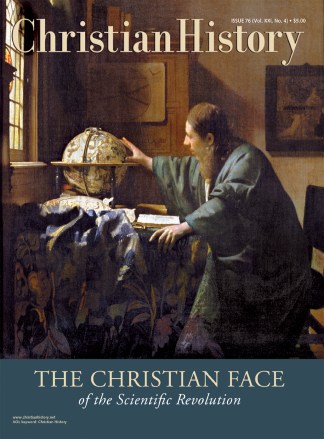Pope John Paul II reopened “the Galileo Affair” at a plenary session of the Pontifical Academy of Sciences in 1979. He urged theologians, scholars, and historians to study the Galileo case more deeply and to recognize “wrongs from whatever side they come,” so as to “dispel the mistrust that still opposes a fruitful concord between science and faith.”
He appointed several scholars to study the case, including then-bishop Paul Poupard. After more than a decade of meetings, Poupard presented the group’s findings. He first defended the church’s actions. As Galileo had not yet “proved” the heliocentric system, he wrote in the October 1992 issue of the Vatican newspaper L’Osservatore Romano, the church was right to give biblical passages describing the earth as immobile more weight than Galileo’s theories. But Poupard also admitted that Galileo’s judges made an “error of judgment” by failing to distinguish Christian faith from “age-old cosmology,” and that they quite wrongly assumed Copernicus’s revolution would undermine the church.
On October 31, 1992, Pope John Paul II pronounced the church’s position in a speech to the Pontifical Academy. He admitted, albeit indirectly, that the church had erred on that day, 360 years ago, when it condemned the great Italian astronomer: “The majority of theologians did not recognize the formal distinction between Sacred Scripture and its interpretation, and this led them unduly to transpose into the realm of the doctrine of the faith a question which in fact pertained to scientific investigation.”
John Paul’s apology did not satisfy everyone. But major newspapers interpreted the pope’s speech as an exoneration of Galileo. Time will tell how well the speech will serve John Paul’s stated aim—dispelling the fog of mistrust that still obscures relations between scientists and the church.
—Steven Gertz
Copyright © 2002 by the author or Christianity Today/Christian History magazine. Click here for reprint information on Christian History.










